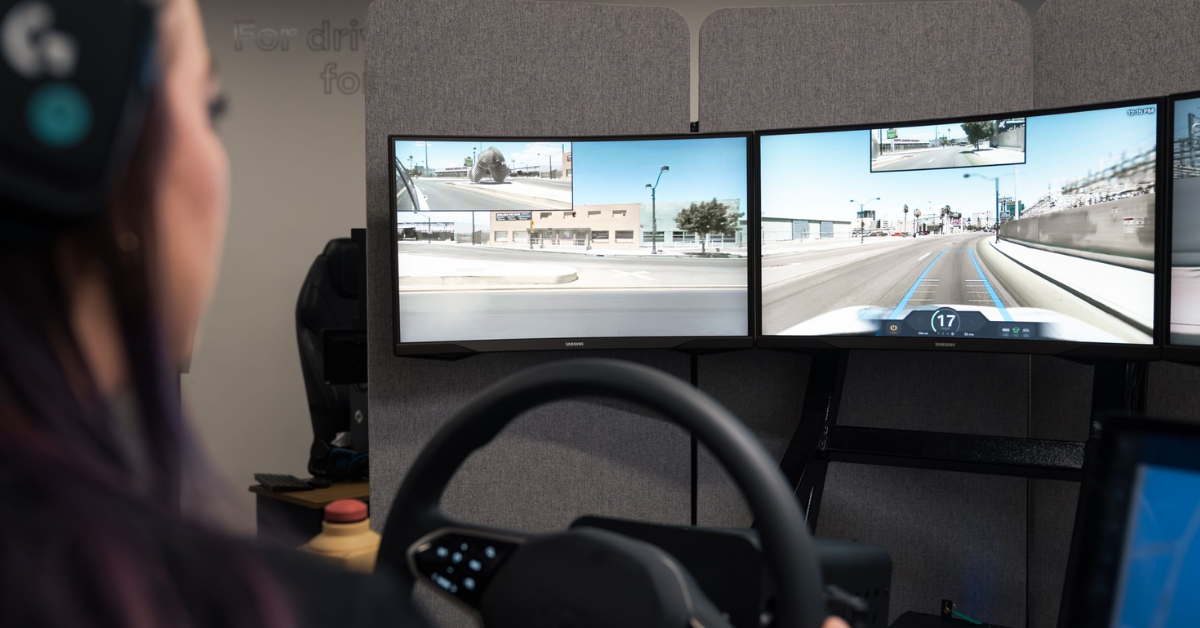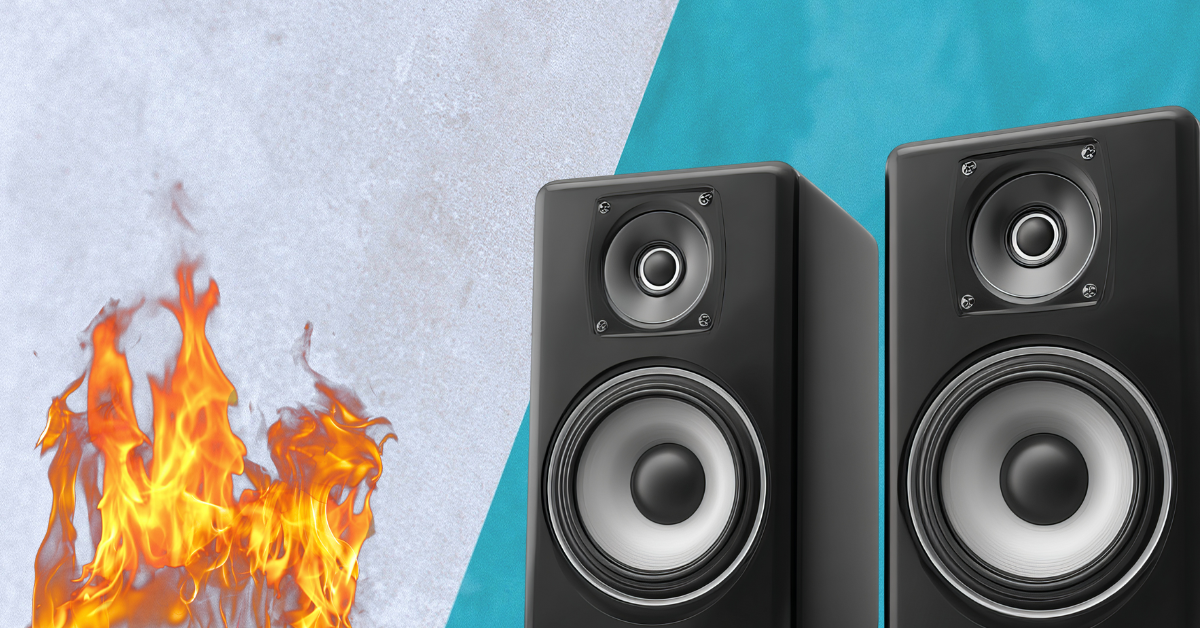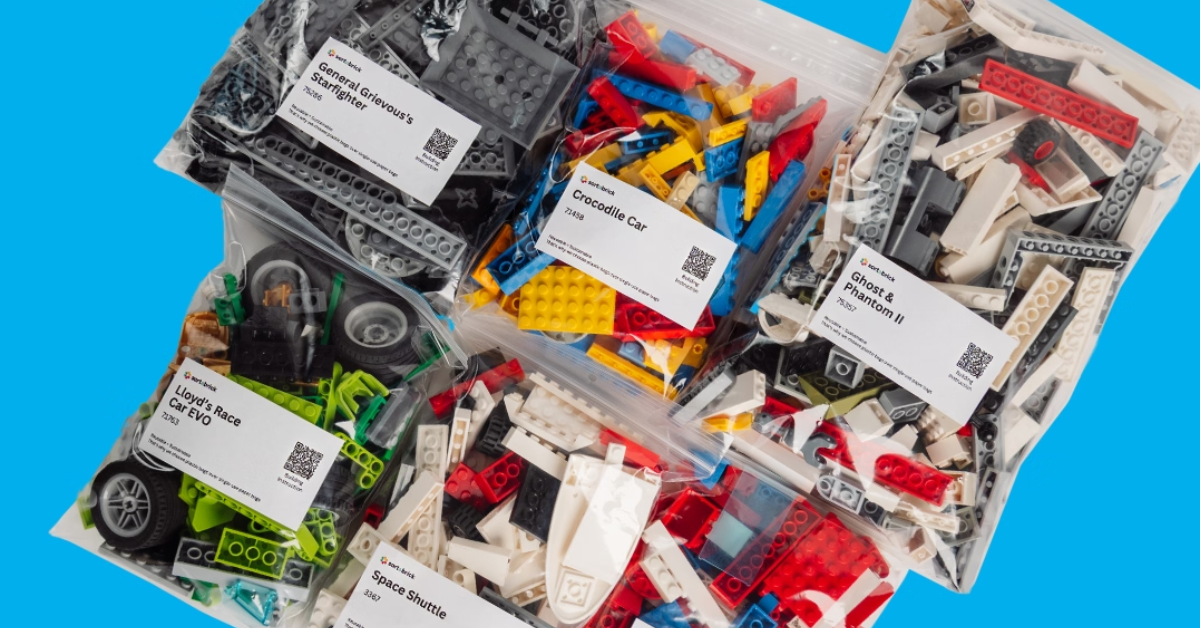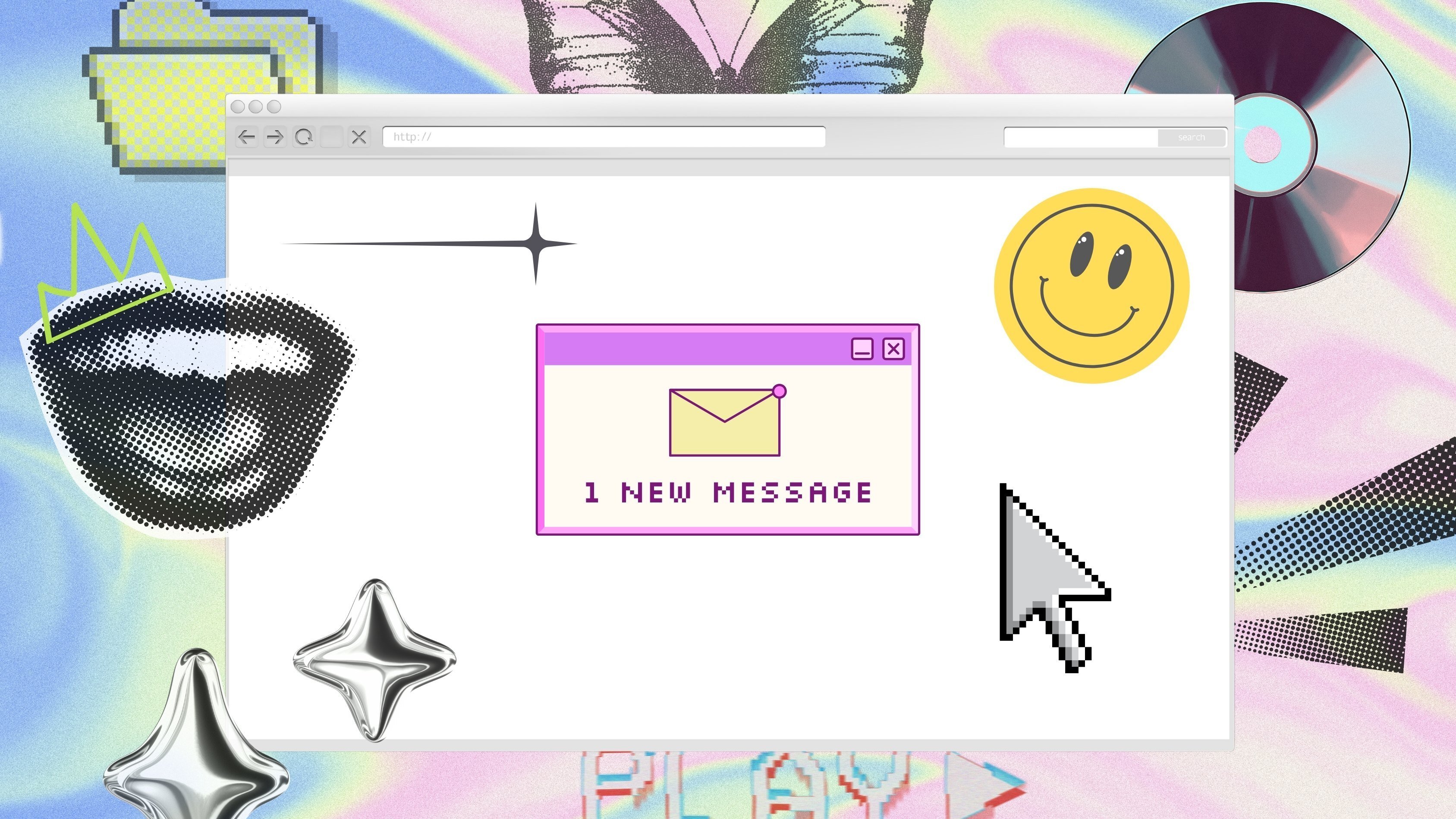A decade ago, startups that shifted services from pros to our neighbors seemed affordable, convenient, and fun. Why not let a random stranger give you a lift in their own car? Why not stay in a local’s guestroom and get the best tips?

Now, these startups are behemoths and their services aren’t nearly as affordable:
- Between 2018 and 2021, average Uber prices rose 92%.
- From 2019 through 2022, Airbnb’s average daily bookings jumped 36%.
Are we done being disrupted?
Well, it was never gonna last forever. Many of these companies, backed by investors, offered cheap prices and deals to hook customers — but they weren’t profitable. Look at MoviePass.
There’s been talk of this phenomenon — AKA the “millennial lifestyle subsidy” — coming to an end for years now as investors stepped back and companies strove for profitability.
And now, with the rising cost of living, customers may be leaving, too.
Per Business Insider, some are going back to pre-app behaviors — taking public transit or taxis, booking hotels, cooking their own meals, and being more judicious with their subscriptions.
What will companies do?
Fast-food restaurants from McDonald’s to Starbucks are offering deals to lure in budget-conscious consumers who’ve forsaken the “treat yourself” mindset.
Netflix and streaming services are cracking down on password sharing and upping prices to weather subscription fatigue.
Airbnb recently announced luxury amenities, a move that indicates it’s trying to be more like the hotels it once sought to disrupt.
Perhaps a better question is…
… what have these companies done?
- Today’s streaming entertainment landscape is criticized for paying creators and artists much less than broadcast radio and TV did.
- Airbnb is accused of contributing to the affordable housing crisis.
- Taxi lobbies have railed against rideshare platforms for years — now, in some markets, they’re partnering.
Amazon was accused of predatory pricing — i.e., lowballing competitors, attracting consumers, then hiking prices — yet has become so ubiquitous that customers continue to use it, despite myriad controversies.
As customers realize the glory days of cheap luxuries are over, larger companies like Uber and Airbnb will likely find ways to keep customers. BI suggests some may lean on already hated tactics, like surge or drip pricing or gamification.
But some will MoviePass.
Startups










